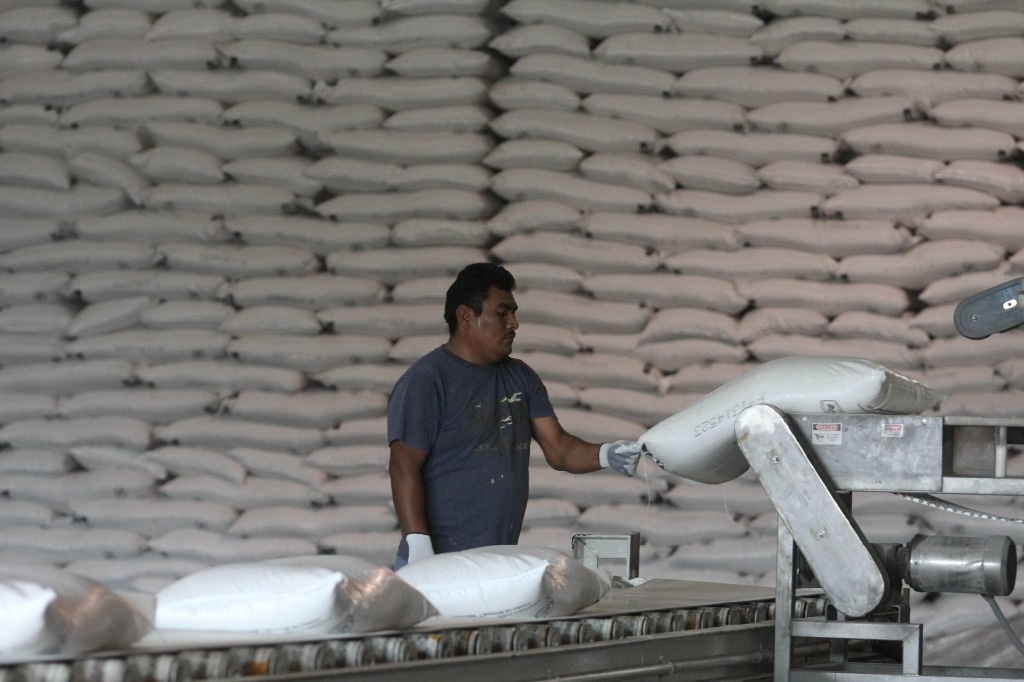featured
:quality(85)/cloudfront-us-east-1.images.arcpublishing.com/infobae/OJTYWRNOWNHH3A5K5YSSEBAESU.jpg?fit=%2C&ssl=1)
Taylor Swift offered a first look at “The Tortured Poets Department,” her new album about heartbreak
Taylor Swift between heartbreak and poetry in her new album titled “The Tortured Poets Department.” (Credits: REUTERS/Instagram) Taylor Swift is about to usher her fans into a new era with the release of her eleventh …
:quality(85)/cloudfront-us-east-1.images.arcpublishing.com/infobae/OJTYWRNOWNHH3A5K5YSSEBAESU.jpg?fit=%2C&ssl=1)
Taylor Swift offered a first look at “The Tortured Poets Department,” her new album about heartbreak
Taylor Swift between heartbreak and poetry in her new album titled “The Tortured Poets Department.” (Credits: REUTERS/Instagram) Taylor … Read more

Ricardo Monreal promotes reforms to the Amnesty Law
Mexico City. The coordinator of the Morena Parliamentary Group in the Senate, Ricardo Monreal Ávila, said that to … Read more

US cuts forecast for Mexican sugar imports
NY. The United States Government drastically reduced its forecast for the volume of Mexican sugar that the country … Read more

TV UNAM will broadcast the Book and Rose Festival 2024 live
Mexico City. From April 19 to 21, TV UNAM will broadcast live the most relevant activities of the … Read more

They sentence 28 years in prison to the murderers of 4 environmentalists in Peru
Pucallpa. A Peruvian court sentenced this Thursday 28 years and three months in prison to the five murderers … Read more



